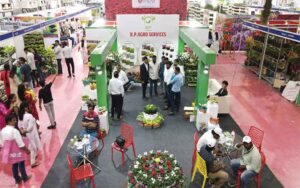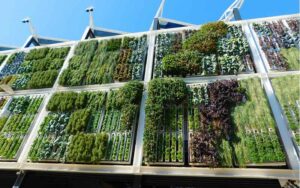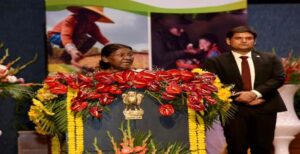Exploring Sustainable Agriculture in Hilly Terrain: HNB Garhwal University Hosts National Seminar
New Delhi: A three-day national-level seminar was recently conducted at the Chauras campus of HNB Garhwal University focusing on the theme “Possibilities and Challenges of Promotion of Sustainable Agriculture System in Hilly Areas.” The seminar aimed to delve into the intricate dynamics of sustainable agriculture particularly in the challenging terrain of hilly regions.
The event commenced with an inaugural ceremony presided over by prominent agricultural experts and scholars. The Vice-Chancellor of HNB Garhwal University emphasized the critical role of sustainable agriculture in ensuring food security and environmental conservation in hilly areas. He highlighted the need for innovative approaches and technological interventions to address the challenges faced by farmers in these regions.
The seminar featured a series of insightful sessions and panel discussions where experts shared their research findings and experiences. Topics ranged from traditional agricultural practices to modern techniques, with a focus on sustainability and environmental conservation. Speakers highlighted the importance of soil health, water management, and crop diversification in promoting sustainable agriculture systems.
One of the key discussions revolved around the role of government policies and initiatives in supporting sustainable agriculture. Participants stressed the need for policy reforms that prioritize the interests of small and marginal farmers, who form a significant portion of the agricultural workforce in hilly areas.
The seminar also provided a platform for farmers and agricultural practitioners to share their success stories and challenges. Many highlighted the need for access to affordable technology and training to adopt sustainable practices effectively.
The seminar concluded with a call to action for all stakeholders to collaborate and work towards promoting sustainable agriculture in hilly areas. It emphasized the importance of integrating traditional wisdom with modern science to create a robust agricultural ecosystem that is both economically viable and environmentally sustainable.

















